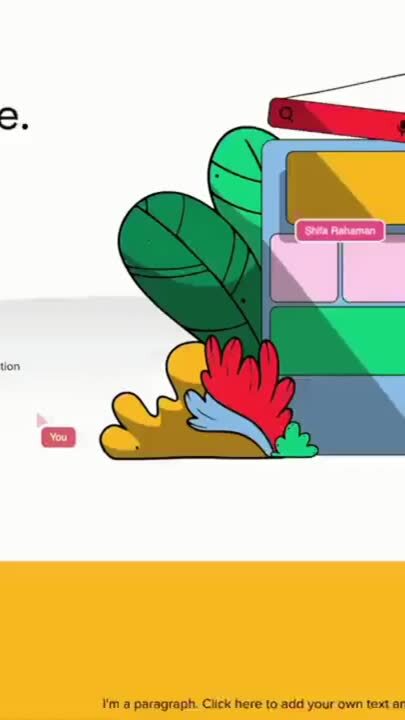65% of customers have higher expectations of their customer support teams now than they did five years ago. So it's clear that customer follow-up is increasingly important for companies that want to keep their customers happy.
Good customer support allows you to build stronger customer relationships, receive feedback, and prevent churn. But how do you do it right? In this article, we're going to define customer support follow-up, explain why it's important, and provide tips on how to get it right.
What is customer support follow-up?
Customer support follow-up is the act of reaching out to customers after an initial interaction to ensure they have received satisfactory assistance with their issues. These follow-ups can happen in various forms, including emails, phone calls, or chat messages. Some situations when you may want to follow up include:
- After a customer has made a purchase
- When a ticket has been resolved
- After a customer has experienced an issue with your product or service
- When a customer has made a suggestion or complaint
Why is customer support follow-up important?
Sending follow-up messages after an initial interaction is essential for businesses that want to provide an exceptional customer experience. Here are some reasons why:
- It allows you to build a deeper relationship with your customers.
- It will enable you to solicit feedback so you can implement it and make your product or service better.
- Proactively following up with customers (for example, after you've resolved or closed a ticket) to ensure everything has been resolved satisfactorily may help prevent churn in case there are other issues they still need to bring up.
- Customer follow-up is also essential for customer success teams to make sure customers can achieve their goals with your product or service.
- It can help your product or service stand out from the competition
How to do customer support follow-up the right way
Now that you know why customer follow-up is essential, let's get into the nitty-gritty of how to do it right. Take this opportunity to make sure your business is at the forefront of the customer experience. Some ways you can do that include:
Make sure to follow up promptly
Don't let a potential customer slip through your fingers! When you have a conversation with someone interested in your product or service, make sure to follow up in a timely manner. But don't be too hasty — following up immediately can come across as pushy. The sweet spot is usually a 2-to-3-day delay if you were the one to initiate contact.
However, if the person reached out to you first, you should strive to respond to their inquiry as soon as possible to keep your first response time low, and your CSAT scores high, as well as let the person know that you value their time and are eager to assist them.
By following up promptly, you increase the likelihood of hearing back from potential customers and reduce the risk of losing customers who may be unhappy with your product or service. How? By demonstrating empathy and showing that you care about their needs.
Be kind and professional
Want to provide your customers with a top-notch experience? Be kind and professional! Not only should you thank them for their patience, but also try to put yourself in their shoes and show empathy in your interactions.
And here's a little secret — using positive language can make all the difference. That's because it:
- Makes customers feel appreciated and valued
- Boosts customer satisfaction levels
- Increases customer loyalty
- Drives sales growth
- Helps in de-escalating tricky situations if a customer is angry, frustrated, or distressed
- Promotes a positive and friendly atmosphere
- Encourages repeat business
- Reduces churn rates
- Enhances the overall customer experience
Use follow-ups as an opportunity to gather customer feedback and turn it into a competitive advantage
Customer feedback is essential because it allows businesses to understand the needs and preferences of their customers, which in turn enables them to improve their products or services. By actively seeking feedback, companies can identify areas of improvement and adjust their strategies accordingly to meet the needs of their customers.
By asking questions like "What did you like about our product/service?" or "How can we improve?" businesses can gather valuable feedback and use this information to enhance the customer experience.
Use follow-ups as an opportunity to ask if they require additional assistance
Did you know that only 1 in 26 customers will reach out when they have an issue? Proactively asking if there is anything else you can do for your customer when you follow up with them is a great idea and may lead you to catch issues you may otherwise have missed. By checking in with your customers, you can identify any potential problems and address them quickly.
Use follow-ups as an opportunity to upsell or cross-sell
Your customer support team is more than just a cost center; if used correctly, they can also be a growth driver. Training your customer support agents in the art of upselling and cross-selling can be great for your bottom line while deepening your customer relationships.
Imagine your agents utilizing every customer interaction as a chance to solve problems and offer additional products or services that can benefit the customer. By leveraging their existing relationships and trust with your customers, your agents can tap into new revenue streams while also creating a more personalized experience for your customers.
Following up can be a great opportunity to provide proactive support
If you notice that a user still has issues after you've resolved a ticket, using your follow-up to address and solve the issue even before they've had a chance to bring it up can be a total game changer. Not only do you lessen the volume of your support queue, but you also demonstrate that you're committed to them getting the most out of your platform as possible.
But how do you find these issues before they're reported? One option is to use a session replay product, that lets you automatically record all user sessions in your app so you can see exactly how they behaved and what they encountered. This way, you can identify potential problems before they cause user frustration. With this early warning system, you can get ahead of issues and make your customers happier in the long run.
Wrapping things up
In conclusion, good customer support follow-up is essential for businesses that want to provide an exceptional customer experience.
In today's world, where customers have higher expectations of customer support teams, proactive follow-ups can help build stronger customer relationships, solicit feedback, prevent churn, and create a more personalized experience for customers. Companies can use follow-ups as an opportunity to gather customer feedback, ask if customers require additional assistance, and even upsell or cross-sell products or services.
To get it right, businesses should follow up promptly, be kind and professional, use positive language, and provide proactive support by identifying and addressing issues before they cause user frustration. By doing so, businesses can stand out from the competition and enhance the overall customer experience, driving sales growth, reducing churn rates, and promoting customer loyalty.


.png)

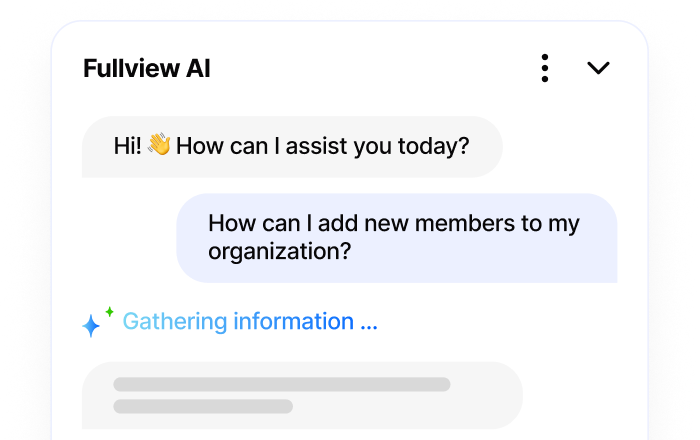
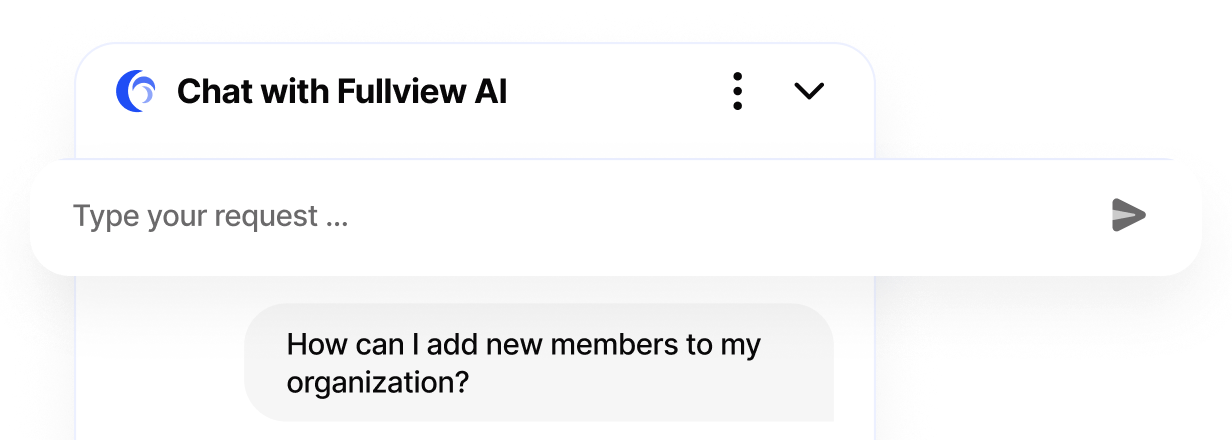
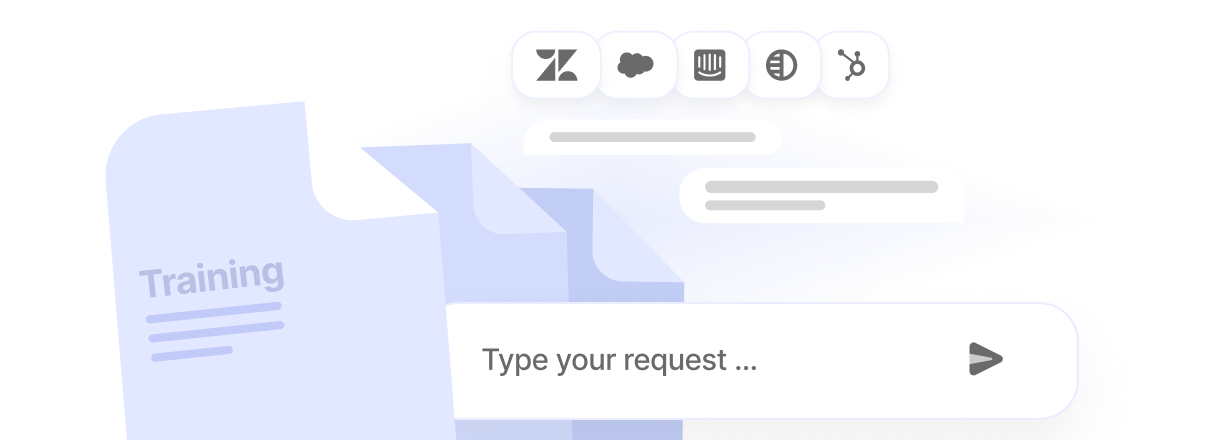
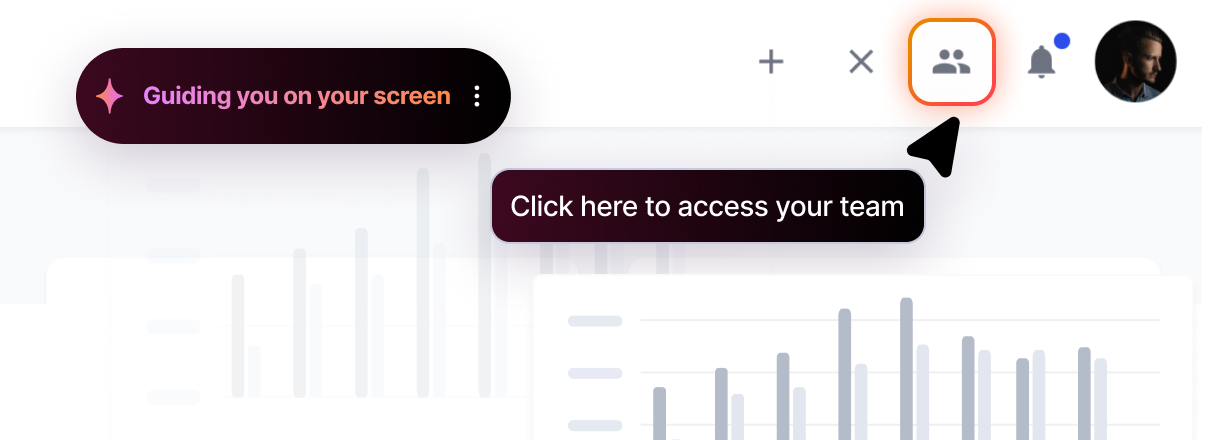
.webp)
